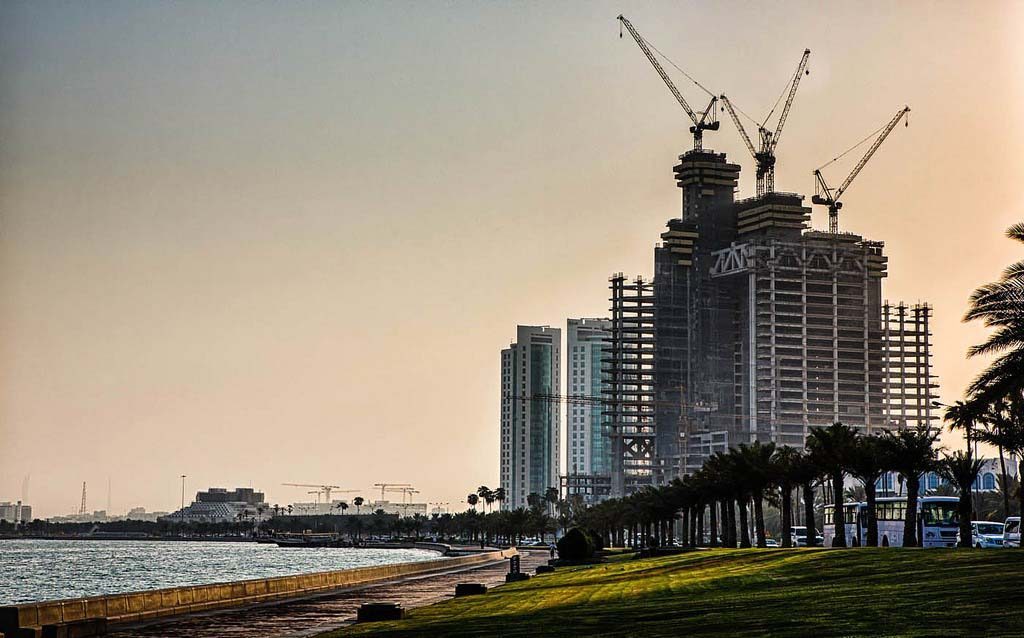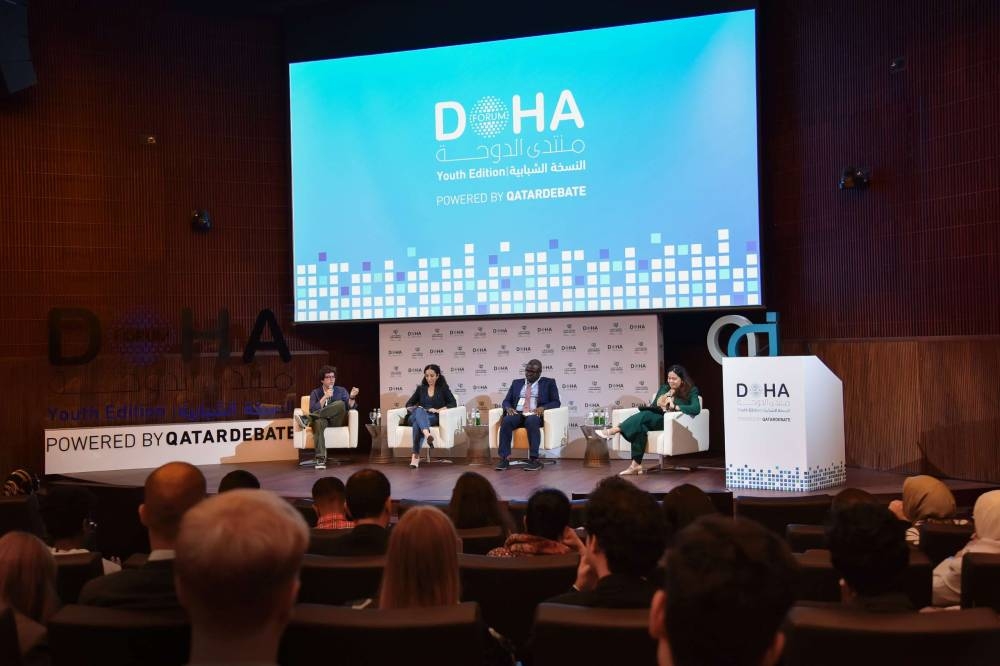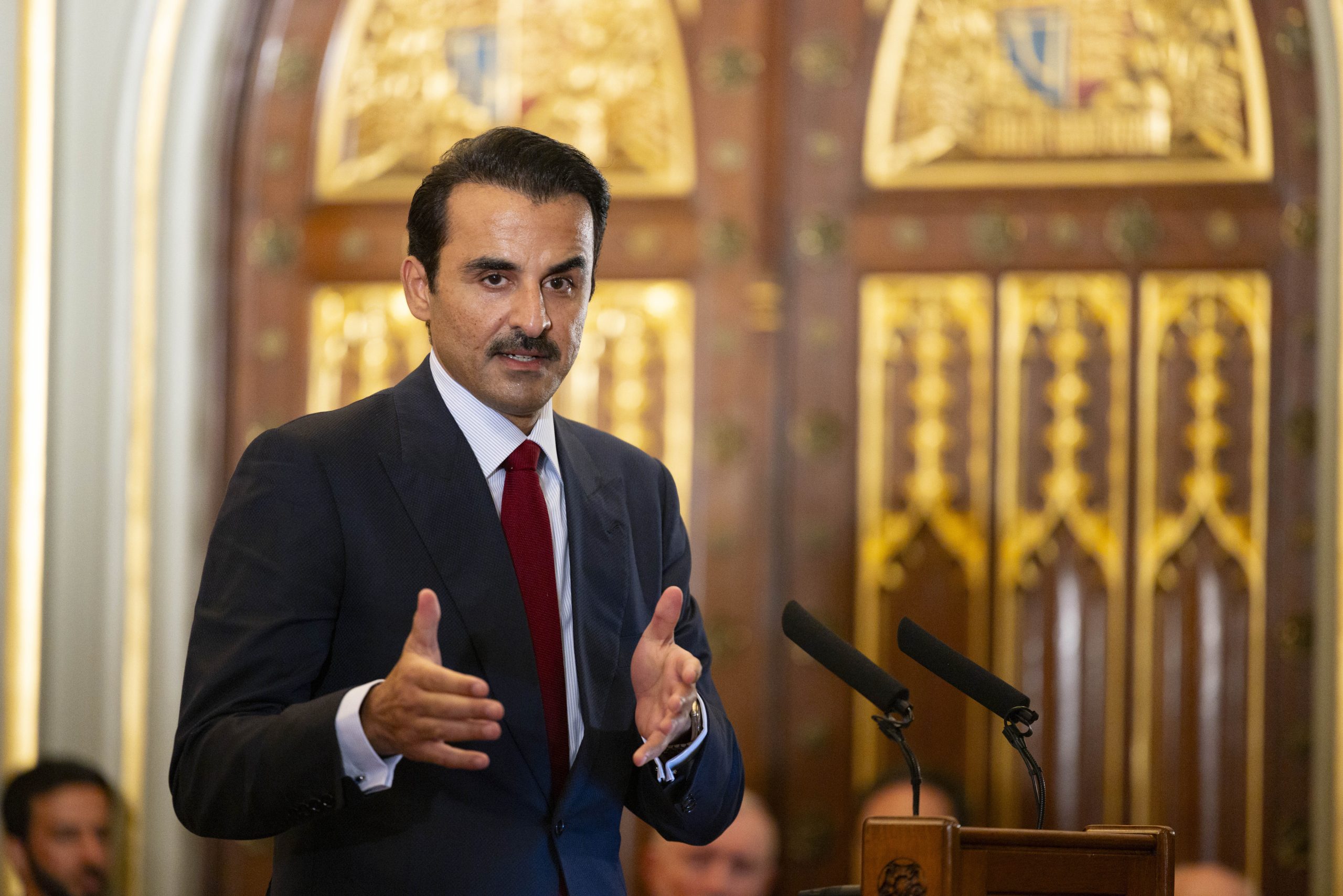
The Qatar government’s efforts to diversify the country’s already booming economy is causing headaches for businesses grappling with rising costs, the International Monetary Fund has said.
Additionally, the IMF said a slew of negative news stories about the living and working conditions of low-income laborers in this country may make some high-skilled expats think twice before moving to Qatar, especially as neighboring Dubai embarks on a building boom of its own ahead of the 2020 World Expo.
That would affect the availability and cost of foreign labor, an essential component in this country’s recent economic growth.
In a recent report that paints an otherwise positive economic outlook for Qatar, the IMF said massive public initiatives – including the infrastructure building boom ahead of the 2022 World Cup – to wean the country’s economic dependence off of non-renewable oil and gas resources may be unsustainable.
The global financial organization questioned whether the country is overbuilding certain sectors of the economy, which grew by a robust 6.1 percent in 2012. It is forecast to grow a further 5.9 percent this year and 7.1 percent in 2015.
Moving beyond hydrocarbons is a theme government officials frequently raise in public speeches. In recent weeks, plans have been discussed to build up the country’s tourism sector, create a domestic satellite industry and boost entrepreneurship, to name but a few examples.
Such initiatives are aimed at preserving the country’s wealth and high living standards once Qatar’s oil and gas reserves are depleted.
Non-fossil fuel sectors – particularly construction, transportation, communications and finances – are growing at a faster rate than the overall economy and now account for nearly half of Qatar’s GDP, although that’s likely due in part to the government’s moratorium on additional hydrocarbon production in the country’s North Field, the IMF said.
How much that growth has to do with the government’s involvement is unclear. While the IMF calls such public investments “essential” in diversifying the economy, it adds that success is not guaranteed:
“The program entails the possibility of overheating in the near term, and low return and overcapacity in the medium term. In particular, the extent to which public investment will durably boost private sector productivity remains uncertain.”
Mixed results
One Qatar-based economist, who asked not to be named, said the government has successfully kick-started several economic sectors that proved viable even as the state pulled back its support.
Aviation is one example. The government owns Qatar Airways, but CEO Akbar al-Baker has said the airline does not receive any “government subsidy,” although that claim is contested by competing carriers.
However, a lack of expertise, limited demand or otherwise poor market conditions could hinder the country’s competitiveness in other sectors, the economist said. He cited Qatar’s push to build a “knowledge-based economy,” as an example.
Many countries around the world are keen to support the high-tech and creative sectors that fit into this category, along with other businesses that are dependent on intellectual capital and require well-educated and highly motivated people.
At the moment, however, the economist noted that many nationals don’t currently fit into those categories, and many expats could do the same work at a lower cost and with better resources in their home countries.
“It’s dubious in lots of areas whether it can be sustainable without ongoing (government) intervention … It’s plausible to see some things scaled back.”
Meanwhile, the IMF warns that attracting expats may be more challenging and costly in the coming years in the wake of recent media coverage on the living and working conditions of low-income laborers.
Several foreign publications have run large features on the deaths of migrants workers as well as the restrictions they face under the sponsorship, or kafala, system. This may make Qatar an undesirable destination in the minds of some expats, the IMF said, and could force employers here to increase wages even higher to attract skilled professionals:
This would hinder growth since the success of Qatar’s current development model depends importantly on the ability to rapidly hire expatriate workers.
Climbing costs
The IMF notes Qatar has already experienced delays and cost overruns related to its massive infrastructure projects, and “will continue facing the risk of cost escalation given its commitment to a compressed timetable ahead of the 2022 (World Cup) championship.”
One mitigation strategy, the IMF suggests, is for government planners to prioritize certain initiatives over others, or construct projects more gradually.
For example, certain big-ticket projects such as the Doha Metro, new port project and Hamad International Airport have been divided into phases to reduce the overcapacity risk of subway cars, container cranes and passenger terminals sitting idle.
The IMF added that government authorities are aware of the risks and are keeping an eye out for related price increases and supply chain bottlenecks.
Qatar already has the most expensive construction costs in the region. Keeping a lid on inflation is an economic priority for the country’s Emir, who recently ordered a freeze on commercial property rents.
While rent increases remain a source of financial frustration for many residents, the IMF said overall inflation eased to 2.3 percent and should remain at or below 3.5 percent over the next two years.
Thoughts?







